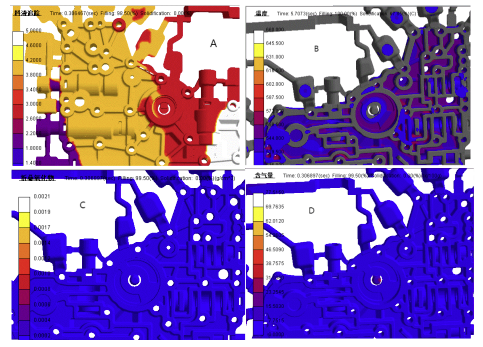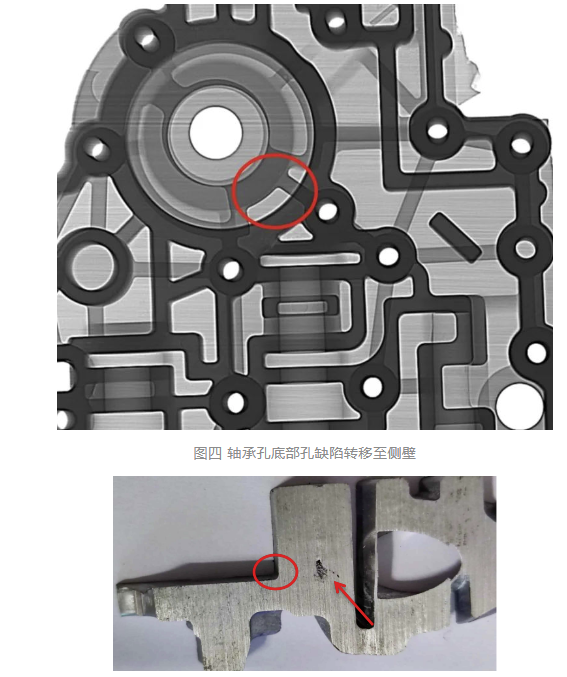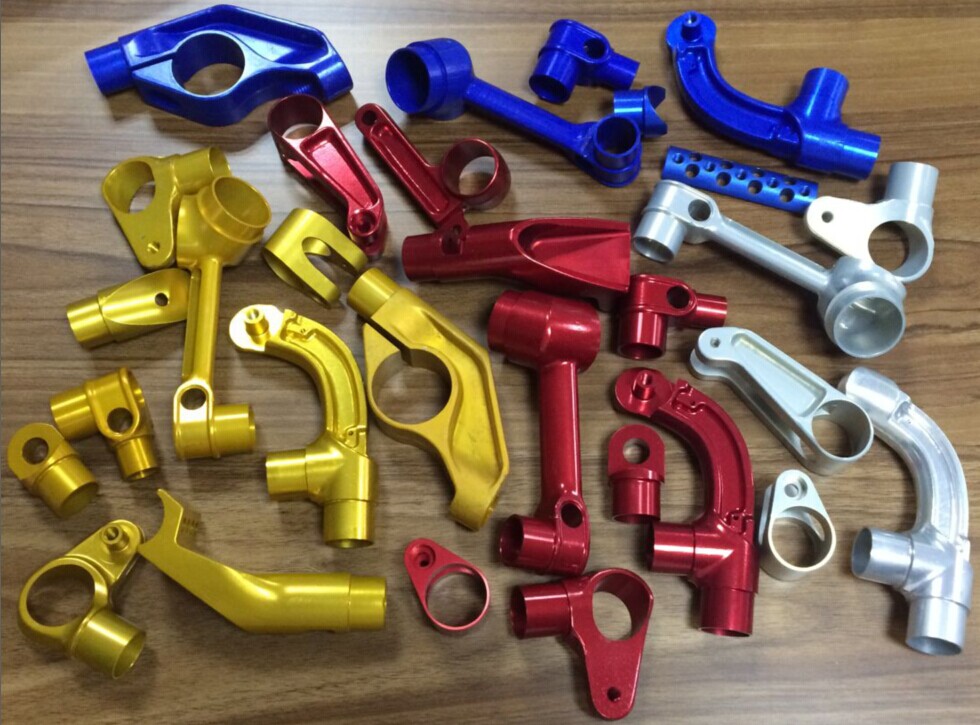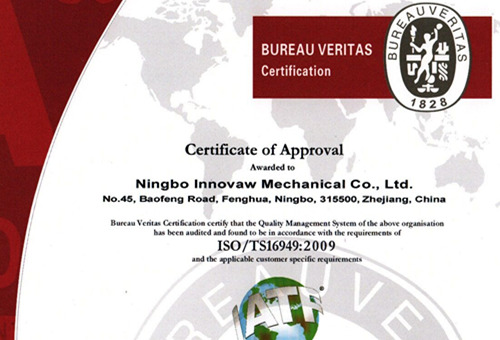Through three-dimensional and defective product physical sectioning, it was found that the wall thickness of the bearing hole defect position was significantly thicker than other parts. Combined with the mold flow software to analyze the liquid tracking, temperature, folded oxide and gas content, the results show that there are two metal flows intersecting and filling in the bearing hole, and the regional heat capacity is large, which belongs to the last solidified part. During the solidification process, the metal liquid gradually changes from liquid to solid, resulting in volume shrinkage, and the residual gas in the area is sucked into the shrinkage cavity. Other thin-walled areas solidify first, blocking the filling and shrinkage channels, thus forming shrinkage defects.

Improvement plan and verification
After the above defect formation mechanism analysis, the current product structure can no longer be optimized. Based on the solution idea of improving countermeasures from easy to difficult, we first try to improve the process, gradually adjust the mold temperature of the thick and thick parts of the bearing hole, so that the solidification sequence of the defective area of the bearing hole changes, the defect transfer is realized, and the defect is not exposed by machining (the internal defect of the product exists, but it does not affect the product performance). Therefore, four temperature adjustments were made for the thick area of the bearing hole, and the following experiments were carried out under the condition that other process conditions remained unchanged:
The bearing hole spot cooling was turned off and the spraying amount was reduced to keep the temperature between 220℃-240℃;
The bearing hole spot cooling was turned off and the spraying amount was increased to keep the temperature between 190℃-210℃;
The bearing hole spot cooling was enabled, and the temperature was between 150℃-170℃ by increasing the spot cooling water flow time;
The cooling water of the bearing hole was changed to long flow, and the temperature was between 90-110℃;
After each temperature adjustment, a thermal imager was used to measure and confirm. When the required temperature was reached, 100 pieces were produced each time, and the defect changes in the bearing hole area were confirmed by simultaneous flaw detection. Processing verification was carried out separately, and random samples were selected from qualified products for sectioning to confirm the depth of the defect from the processing surface;

Conclusion
Through the above four temperature adjustment verifications, the production process of the product was locked. In the subsequent production under the curing process conditions, no shrinkage holes were found at the bottom of the bearing hole, and the overall product qualification rate was stable at more than 95%.
Based on the above verification, adjusting the local temperature of the mold can effectively transfer shrinkage holes and reduce defects so that they are not exposed during machining, thereby effectively improving the product qualification rate and reducing production costs.







.png)


.png) +86-574-83036520
+86-574-83036520 +86-574-83008051
+86-574-83008051 sales@innovaw.com
sales@innovaw.com

.png)

.png)
.png)
.png)

.png)
.png)
.png)











.png)

